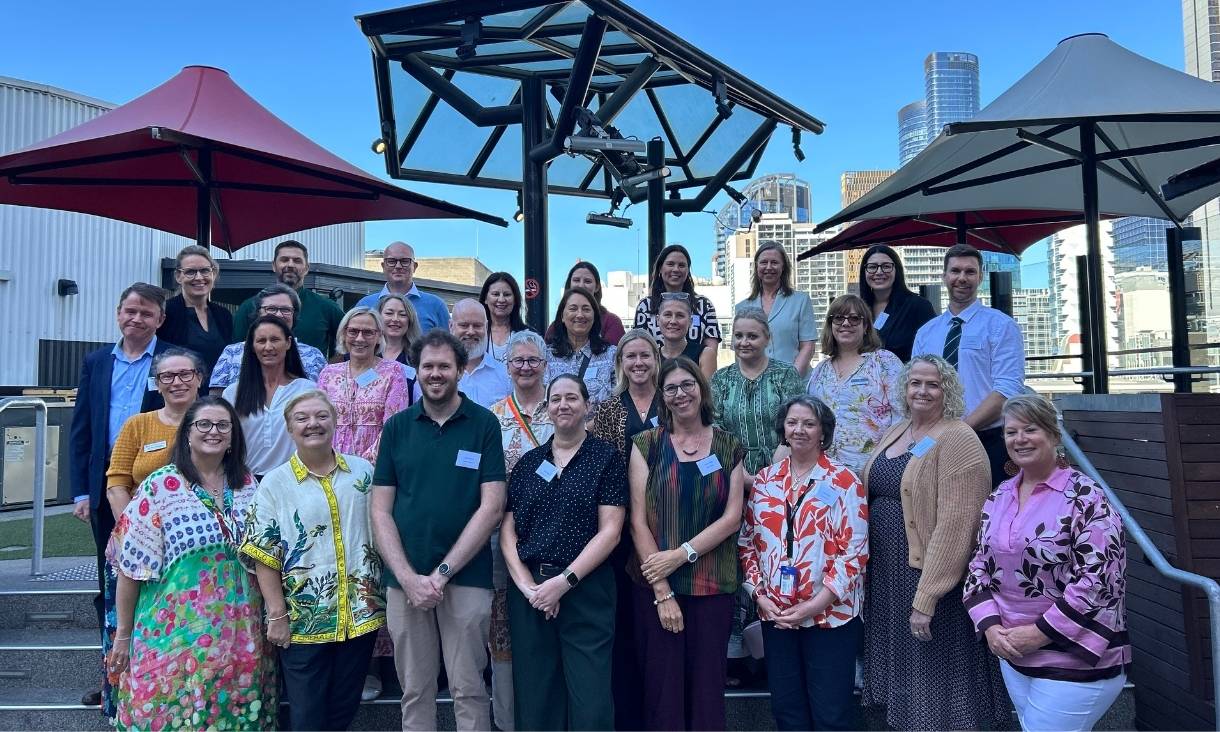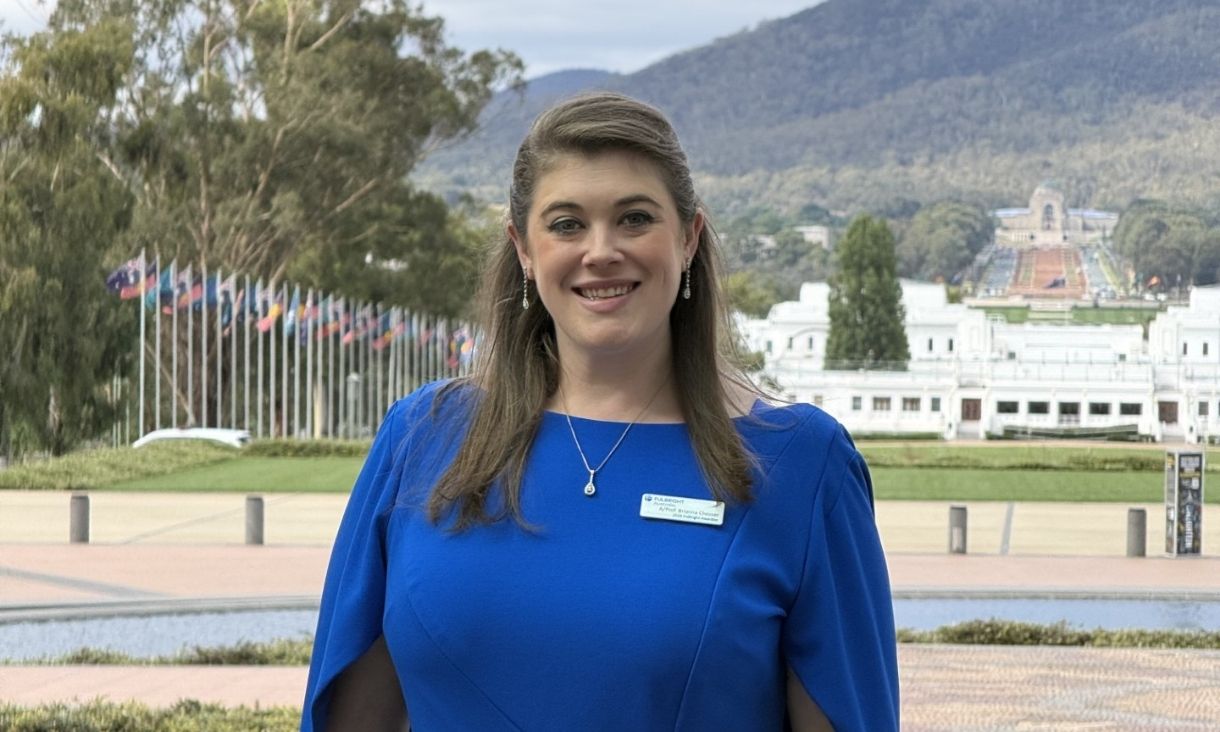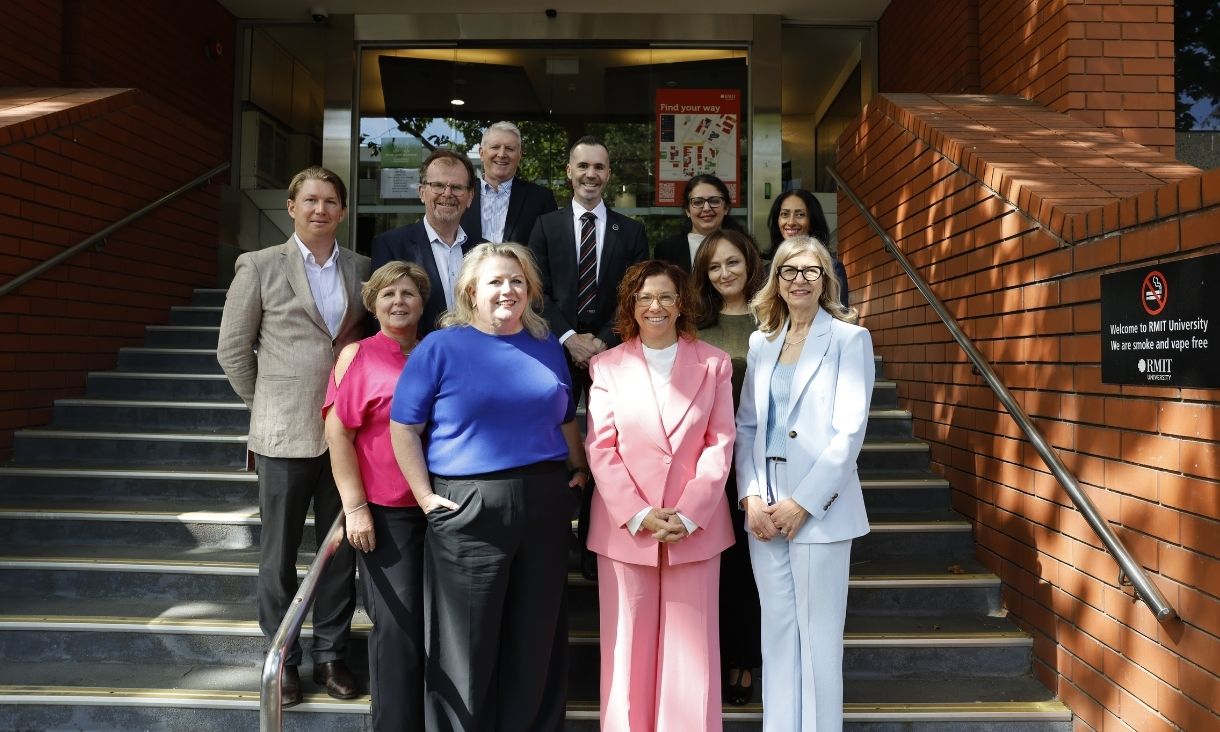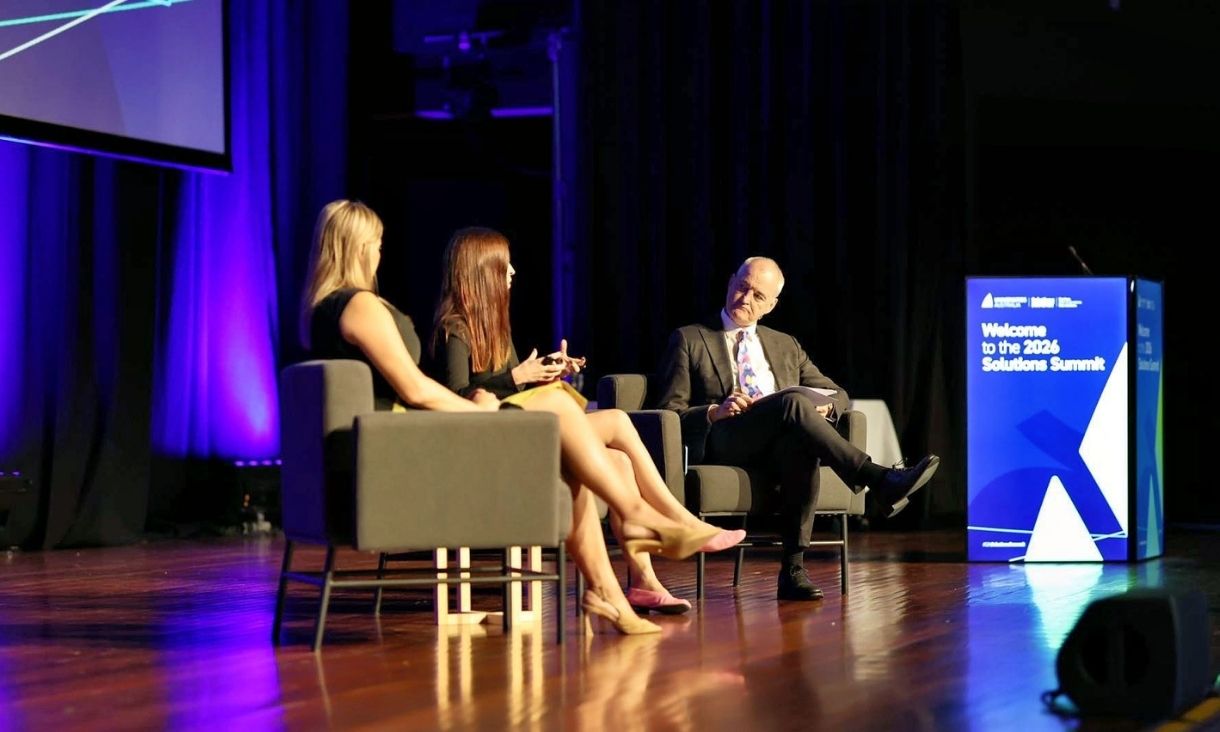RMIT hosts national Professional Experience leaders to help shape the future of teacher education
The national Professional Experience Conference gathered 42 leaders in initial teacher education from every state and territory in Australia.
RMIT scholar awarded prestigious Fulbright to combat human trafficking
RMIT Associate Professor in Criminology and Justice, Brianna Chesser has been awarded a prestigious Fulbright Scholar Award to develop groundbreaking solutions to one of the world’s most pressing human rights crises: commercial sexual exploitation through human trafficking.
RMIT welcomes Federal Minister to City campus for Earn and Learn showcase
The University was honoured to welcome Federal Minister for Employment and Workplace Relations, The Hon. Amanda Rishworth MP, to the City campus last week.
RMIT showcased at Universities Australia Solutions Summit
RMIT University leaders joined this year’s Universities Australia Solutions Summit in Canberra.







